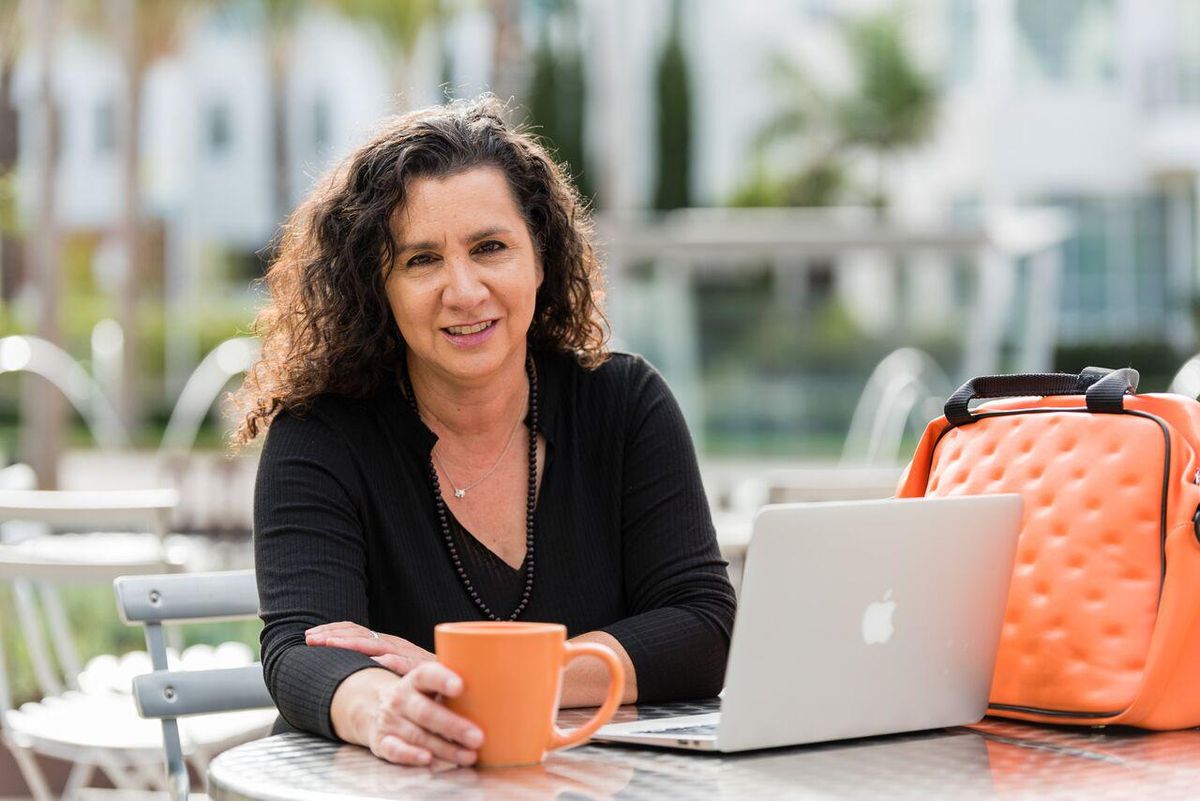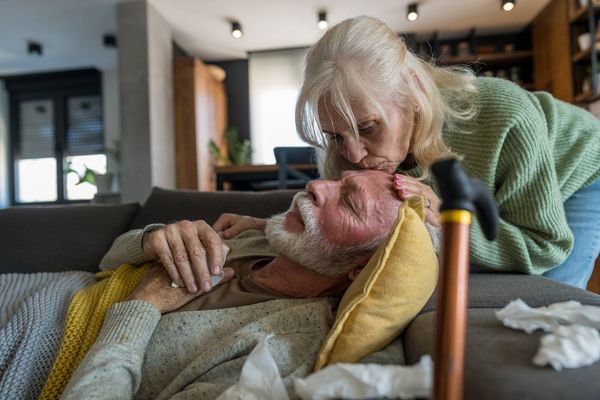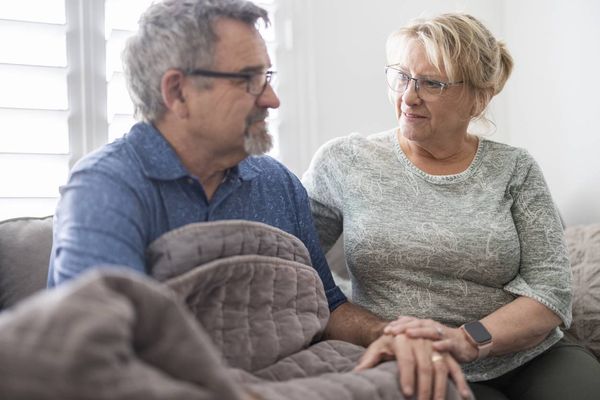As told to Kimberly Rex
From the first time we met, Joe and I had great conversations. A southern gentleman with long, brown hair and striking blue eyes, Joe held my attention with witty dialogue way beyond small talk. That night, we shared stories and talked about our mutual passion for television and movie writing. I poked fun every time he said y’all, while he gently teased me for my laid-back style and California-fashion choice of flip-flops at an evening event.
That night was the beginning of our partnership, which led to our marriage in 1996, our family of four, and 18 years of endless conversation.
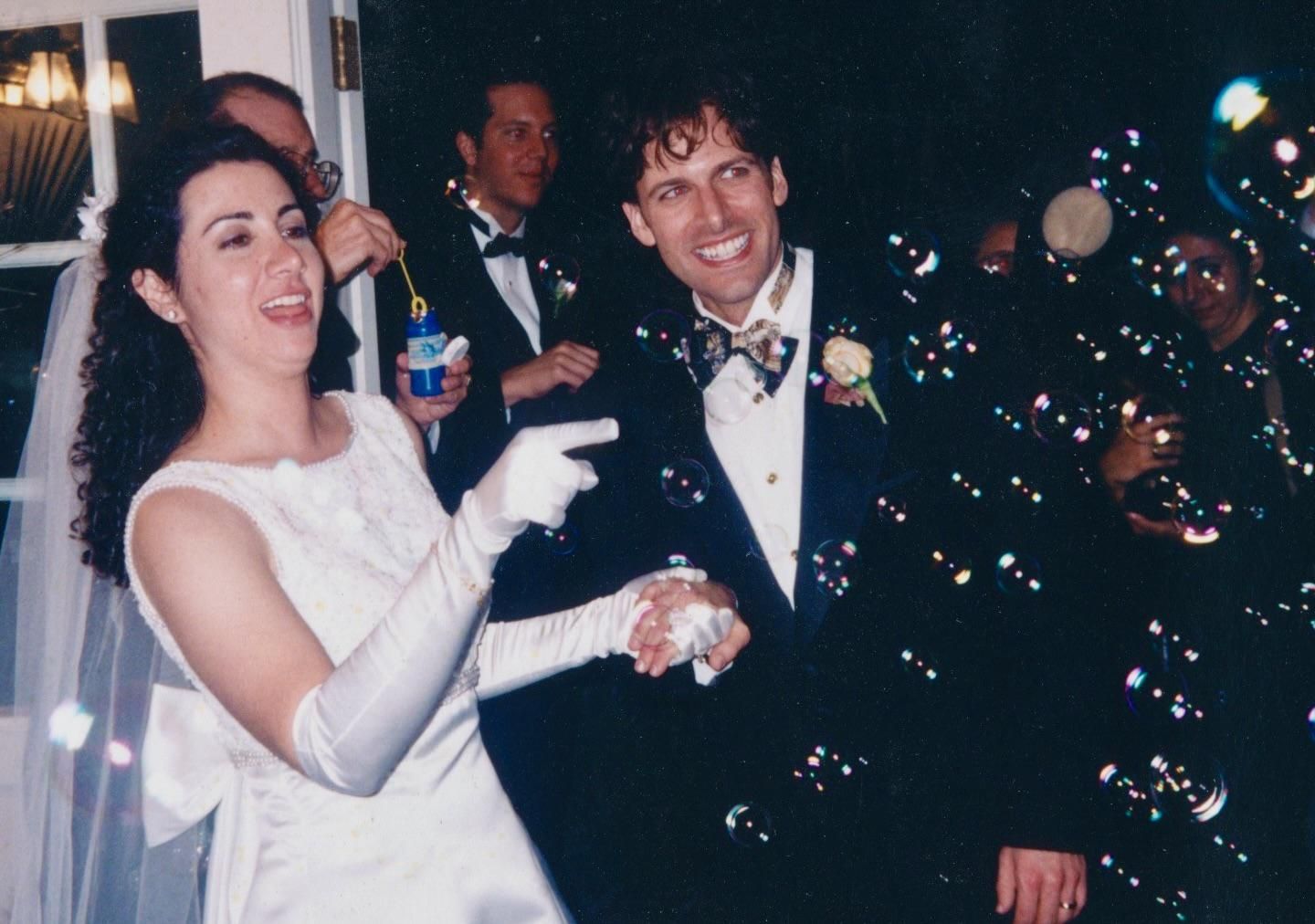
Joe and I were together all the time, and all that time, we talked. We talked about our children, family, friends and the dreams we shared. In our home office, we consulted each other about our writing projects and collaborated on some projects too. We spoke of our plans for a cookbook and website that would bring families back to the supper table for conversation. Communicating was important to us, and talking to each other never got old.
But one topic we never really broached, at least not deeply, was our deaths — how we imagined our final days. We’d done the basics: wills, advance directives and life insurance. Early in our marriage, we placed a binder of these documents on a shelf, where it remained until we needed it, far sooner than we imagined.
In January 2007, Joe started suffering from stomach distress, which worsened with time. After many tests, the doctor called while we were driving to the movies. I pulled the car over as Joe took the call. When he passed the phone to me, the doctor said words that completely threw off the trajectory of our lives: Joe had stage 4 pancreatic cancer.
Joe wanted to fight and went through many intense rounds of chemotherapy and radiation. He refused to accept that this disease would get him. His positive attitude stopped us from talking about his death — that conversation was the “hope crusher.” We focused on recovery instead.
About 10 months into treatment, I realized that Joe would likely die. I found a moment where he had clarity between doses of pain medication, and we had a short but valuable conversation where I learned Joe wanted to be cremated and honored after his death with a celebration, not a traditional funeral. The discussion was excruciating for both of us. I wished we’d had it sooner; I wished that, when we signed our wills, someone had told us there was more to cover. If we’d known then to share our wishes, I wouldn’t have had to ask him what to do when he died while he was fighting so hard to live.
Several weeks later, when Joe was physically unable to complete a clinical trial, we called in hospice and Joe began the last days of his life. He lay in our bedroom while the incredible hospice staff and I did our best to keep him comfortable. As Joe’s body shut down, he could no longer eat, drink or, most surprisingly, speak. Suddenly, the man I’d shared so many words with could no longer communicate with me.
Being unable to talk with Joe was challenging and heartbreaking and left me alone to figure out how he wanted to spend his final days. There were so many questions I needed to ask him — one of which involved his pain management. I wanted Joe to be comfortable, but there were moments when I knew he wanted to be as present as possible and moments when being lucid seemed important to processing his death. More medication meant less awareness, so I was constantly trying to find the balance between the two.
I also wondered how Joe would want his senses comforted. Did he want the stillness of a calm room or a gentle breeze on his skin from open windows? Did he want loved ones to hold his hand, or would he prefer to be untouched? Would he rather hear music, the television or silence? Should I burn candles or incense?
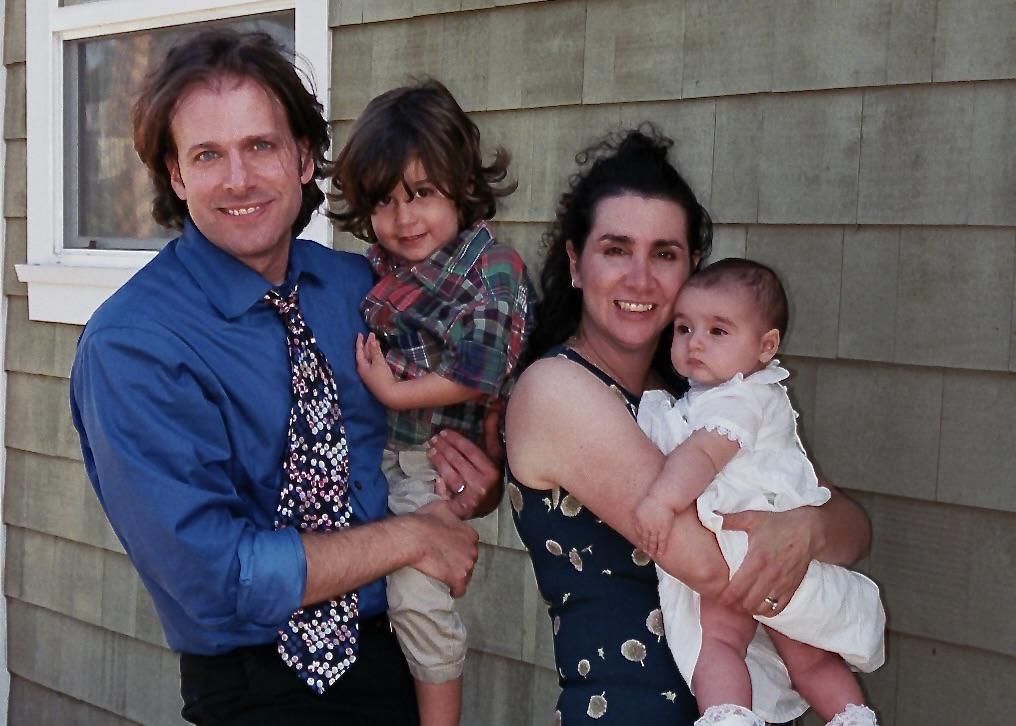
I stressed over when our son and daughter should be present and how they should say goodbye. I wasn’t sure if family should stay in our house or if Joe wanted some time alone. Every moment was a question; every minute was spent wondering if there was something I could or should be doing for him.
I knew him well and did my best, but if I could go back, I would’ve asked all those questions before Joe was ever diagnosed.
When Joe died in the early morning on June 24, 2008, with me and a nurse by his side, the world slowed down. I felt detached from my own body but also indescribably sorrowful and defeated. I was lost.
Losing Joe taught me that we need to approach death differently. We need to be open to discussions and willing to share our thoughts. Since Joe’s death, I’ve been passionately sharing this mission with others. I co-created “The Death Deck,” a card game that helps families ask and answer questions about death with a bit of humor in a non-threatening way.
I encourage families to have these conversations early, before death is near. Discussing end-of-life wishes is a gift for everyone. The person dying finds comfort in knowing they can orchestrate their own ending. Loved ones can not only be at peace knowing that they have fulfilled their wishes but are also more present while they say goodbye. This is true even if someone’s death is unexpected. While answers may change over time, the more open we are about talking about death, the more comfortable we become, and the easier it will be to discuss.
Watching Joe’s death helped me find purpose in teaching the importance of these conversations to others. It also took away my fear of dying. Despite all the chaos, there were moments of peace between us during those last weeks. And while he couldn’t speak, there were unexplainable moments of connection, when I knew Joe would be OK, that his spirit would go on. By freeing me of the fear of death, Joe allowed me to face my own mortality and share that gift with others. I know now that thinking openly and talking freely about our deaths allows us to learn how to truly live.

